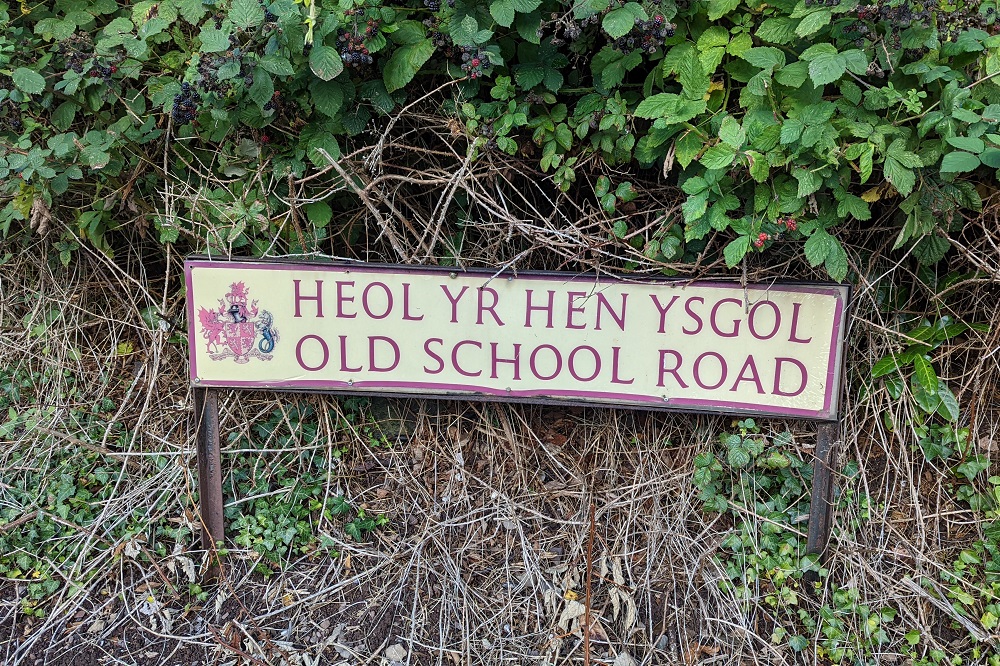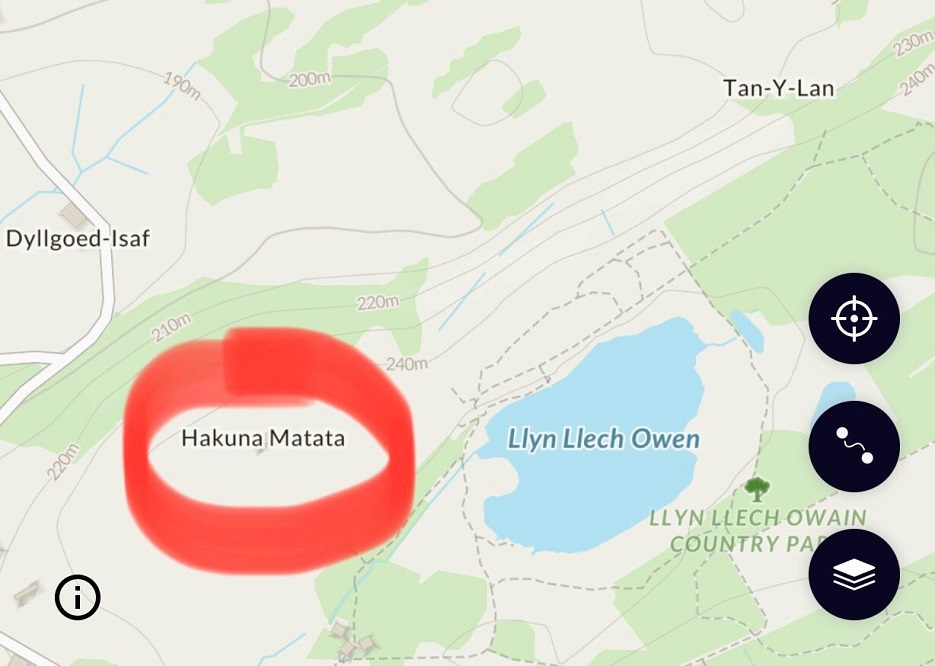Council considers plans to promote and protect Welsh street and property names

Richard Youle, local democracy reporter
Plans to promote Welsh names for new streets in Carmarthenshire will be debated by councillors as part of a wider policy about how properties should be named and numbered.
Full council will be asked to approve a draft policy for public consultation at a meeting on Wednesday, September 14.
A council report said street and property names could make a significant contribution to the Welsh language and play an important part in promoting an area’s cultural identity, heritage and history.
It said: “Since the council has the right to decide on the names of new streets, it recognises the importance of giving consideration to and promoting the Welsh language, and this policy in relation to property and street names will therefore be to promote and adopt a Welsh name that is consistent with the heritage and history of the area.”
The draft policy said guidance would be offered to developers on adopting Welsh place names for new schemes.
“We will not support changing a property name if it would result in changes or the removal of a name of historic or cultural significance and will provide advice to the applicant and encourage them to re-consider the proposed change,” it said.
Welsh translation
All existing streets requiring additional or replacement nameplates would have a Welsh translation added, but the translation wouldn’t form part of the official street name unless a formal re-naming procedure was followed.
For historical street names, such references wouldn’t be translated into Welsh unless there was a Welsh version.
The draft policy added: “Where existing names have specific historical or linguistic significance, re-naming will not be supported.”
County, town and community councillors would have a role in suggesting themes for new street names which had a relevant historical and local context.
A suggested street or property name, said the draft policy, should not be a name of a person either living or recently deceased, and care should be taken not to use existing names in Carmarthenshire to avoid confusion.
The draft policy also said street and house names which were capable of deliberate misinterpretation, such as Typple Avenue and Hoare Road, should be avoided, as should aesthetically unsuitable ones like Tip House and Gaswork Road.
Re-naming
Residents who want the council to consider re-naming their street would need to request it through their town or community council in the first instance.
Such requests would only be considered if all of the residents living there are consulted and agree with the proposed change.
The council report said the draft policy contained guidance only and that final decisions about names and numbering would be made by the authority’s street naming and numbering service.
Last October, councillors supported a motion put forward by Cllr John James that the authority should adopt a policy for all new house and street names to be delivered in the Welsh language.
Earlier this year, the owner of a house called Hakuna Matata, in Gorslas, defended the name – which appeared on an updated Ordnance Survey map – after online criticism.
Older maps showed the land was named Banc Cornicyll, which means a ridge for lapwing or plover birds in Welsh.

The home’s owner, Sara Davies, who has lived there for 25 years, said the name Banc Cornicyll had disappeared before they had purchased the land in 1997, although it is listed on Land Registry documents recording the sale.
She said she and her husband bought part of the land called Banc Cornicyll and that it didn’t have any buildings on it.
They built a new house and said they were advised by the Post Office that they could call it what they liked as there wasn’t a registered address for the land.
They chose Hakuna Matata, which means “there are no troubles” in Swahili – a phrase which became well known after the 1994 Disney film Lion King.
Mrs Davies said: “I can understand if we had moved into an existing farm house and renamed it, then that would be a case of losing heritage. In context of the old maps, the new-build house isn’t even in the same area as where the old farm was, it’s in an entirely different place.”
Mrs Davies said the name Hakuna Matata was very sentimental to her, but added: “If there was some way that Banc Cornicyll could be bought back as some part of the address in some way, so it wasn’t completely lost, I certainly wouldn’t have a problem with that.”
She said her husband’s family were local to the area and were all Welsh speakers.
“There’s no way we would move into an old farm and wipe out its history,” she said.
Support our Nation today
For the price of a cup of coffee a month you can help us create an independent, not-for-profit, national news service for the people of Wales, by the people of Wales.





Good idea to have all the street names in Welsh and English. I hope that the Council don’t take it all too seriously. Here in Aberystwyth we have both English and Welsh and it is great fun to see just how different the names are. Some are completely different while other manage to achieve some amusing Wenglish where a bit of Welsh is embedded in the rest of the English name. One can have lots of fun trying to work out what a ‘sensible’ translation would have been.
Diolch yn fawr Carmarthenshire Council. Pity the Welsh Government didn’t follow their lead. I suppose sometimes it takes this progressive move to shame ones in power to act. After all culture is the foundation of Wales which is a precious gift left to us by our ancestors. Always remember that Mark Drakeford when those Welsh street, house & place names at threat are gone.